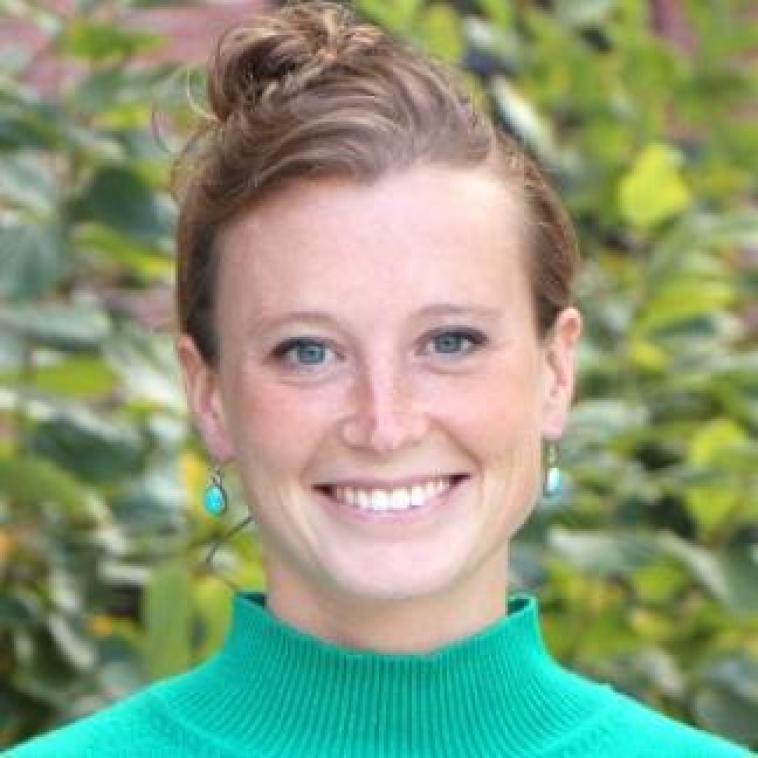Presentation
The Neuroethology of Sociality and Its Role in Environmental Resilience

Camille Testard, Junior Fellow, Harvard Society of Fellows
The Neuroethology of Sociality and Its Role in Environmental Resilience
Camille Testard, Junior Fellow, Harvard Society of Fellows

Levin Auditorium
425 S. University Avenue
Camille Testard is an integrative biologist specialized in the study of sociality across functional levels: from ecological drivers to neural circuits and molecular mechanisms. During her PhD, Camille studied a population of rhesus macaques who survived a major Hurricane destroying >60% of their island’s vegetation.
In the face of scarce resources, instead of being more competitive, rhesus macaques became more tolerant of each other and expanded their social networks. She found that hurricane-induced ecological devastation altered the survival benefits of social ties leading to persistent societal changes. These results suggest that the plasticity of neural circuits mediating social behavior are essential for animals’ survival when facing ecological upheavals.
As a Junior Fellow in Dr. Catherine Dulac’s lab, Camille studies a highly socially flexible species, the African Striped mouse, which can be found in both solitary and group-living states depending on environmental conditions. This social flexibility makes this species particularly resilient to unpredictable environmental perturbations in its desertic natural habitat. Camille investigates how hypothalamic neural populations modulate the social state of this species revealing a potentially generalized mechanisms for regulating social flexibility in mammals.
Host: Rob Seyfarth